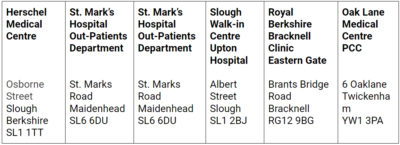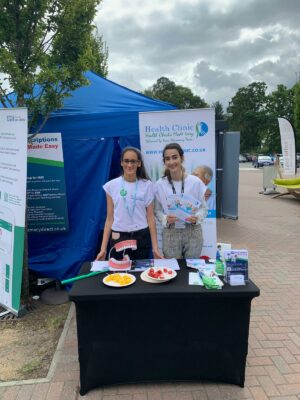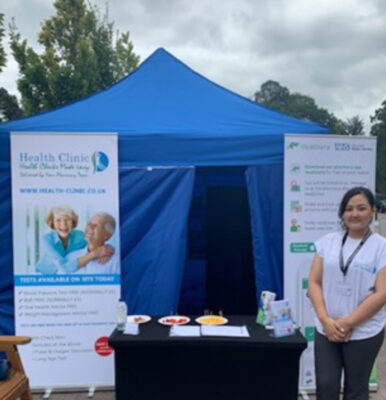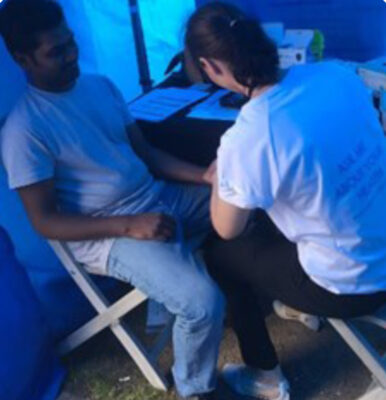
Medical cannabis is the term given to any kind of cannabis-based medicine that is used to relieve symptoms of physical/mental illnesses. You can purchase many cannabis-based products online but the quality and content are usually unknown and they may be illegal and possibly dangerous.
There are some products on the market that claim to be medical cannabis, CBD oil and hemp oil are prime examples of this, can be bought legally as food supplements from health stores. There is no guarantee that these products will work or provide any benefits to health. Certain cannabis-based products are available only on prescription as medicinal cannabis which benefits a small number of patients.
How to obtain medical cannabis?
In England, it is much harder than say countries like the US to get a prescription for medical cannabis. At this point in time, there are only three likely conditions that medical cannabis could be prescribed to which are:
- People who suffer from a condition called multiple sclerosis that causes muscle stiffness and spasms
- Adults and children with rare and severe forms of epilepsy
- Adults with vomiting/nausea caused by chemotherapy
On top of this, medical cannabis in England is only considered when past treatments for a patient were not suitable and hadn’t worked.
Nabiximols (Sativex) for MS
Nabiximols (Sativex) is a mouth spray that is a cannabis-based medicine. Nabiximols is licensed in the UK to be prescribed to people with MS-related muscle spasticity that doesn’t seem to be getting better.
Epidyolex for Adults and Children With Epilepsy
This cannabis-based medication is a highly purified liquid which contains CBD (cannabidiol). CBD is a chemical substance that can be found in cannabis which has medical benefits. CBD doesn’t get people high as it does not contain THC (tetrahydrocannabinol) which is the active chemical in cannabis that gets people high. Epidyolex is usually prescribed to patients with Lennox-Gastaut and Dravet syndrome which are both rare forms of epilepsy.
Nabilone for Chemotherapy Patients
Almost everybody who has to undergo chemotherapy will have periods of time where they feel ill or the need to vomit. Nabilone can be prescribed by a specialist to help relieve the symptoms of chemotherapy but this is usually only done when other treatments haven’t worked or are not suitable for the patient. Nabilone is a medicine which is usually taken as a capsule. It has been developed to act in a similar way to THC which means that patients may experience similar effects.
Side Effects of Medical Cannabis
Medical cannabis can come with a range of side effects which vary depending on the type of cannabis consumed. Here is a list of the possible side effects you may develop if you use medical cannabis:
- Nausea
- Dizziness
- Fatigue
- Hallucinations
- Feelings of euphoria
- Loss of appetite
- Weakness
- Suicidal thoughts
- Behavioural changes
- Mood swings
- Diarrhoea
If you take medical cannabis and experience any of these effects you should report them to the medical team in charge of your treatment. You can also use the Yellow Card Scheme to report any side effects.
THC and CBD can interfere with other medicines which can cause even more side effects or stop the medicine from being effective so always refer to a specialist before you take medical cannabis with other medications. CBD is also known to affect how the liver works so if you are taking it your doctor will need to keep a close monitor on you.
Is it Safe to Take Medical Cannabis?
More clinical trials are needed to discover the risks of using cannabis products which contain THC as the at this point in time they are not fully known. Products which are considered pure (cannabis that only contains CBD) do not come with the unknown risks linked to THC. Most medical cannabis does contain THC though even if it is a small amount.
There are two main risks of taking cannabis products that contain THC which are psychosis and of course dependency on the drug. In some cases, regular cannabis use can increase the risk of developing psychotic illnesses such as schizophrenia and epilepsy which can induce psychosis as well as increase the likelihood of you becoming dependent on the drug. The risk of dependency is relatively low if it is controlled and monitored closely by a specialist doctor according to scientists.
The more THC that a product contains, the more risks that come with it. The most dangerous cannabis is bought illegally on the street which means that the quality and strength is unknown.
How to Get a Prescription for Medical Cannabis
GPs cannot prescribe cannabis-based medicine as it can only be prescribed by a specialist doctor. It is unlikely that many patients will be prescribed it either as it is only given to a small number and it is usually under special circumstances. A specialist doctor may consider prescribing medical cannabis to:
- People who suffer from a condition called multiple sclerosis that causes muscle stiffness and spasms
- Adults and children with rare and severe forms of epilepsy
- Adults with vomiting/nausea caused by chemotherapy
The specialist will then discuss all other options of treatment with you first before considering cannabis-based products. Medical cannabis will only be prescribed when it is considered to be in the best of your interests and when all other treatment options have been exhausted and have not worked.
The Law
Cannabis is considered by the government of the UK to be a class B drug which means that it is illegal to purchase, consume or sell. The government at this time doesn’t seem to have any intention of legalising the use of cannabis for recreation uses. This includes medical cannabis too so if you are caught with it for any reason and do not have a prescription you could be charged, fined and possibly even face prison time depending on the amount.








